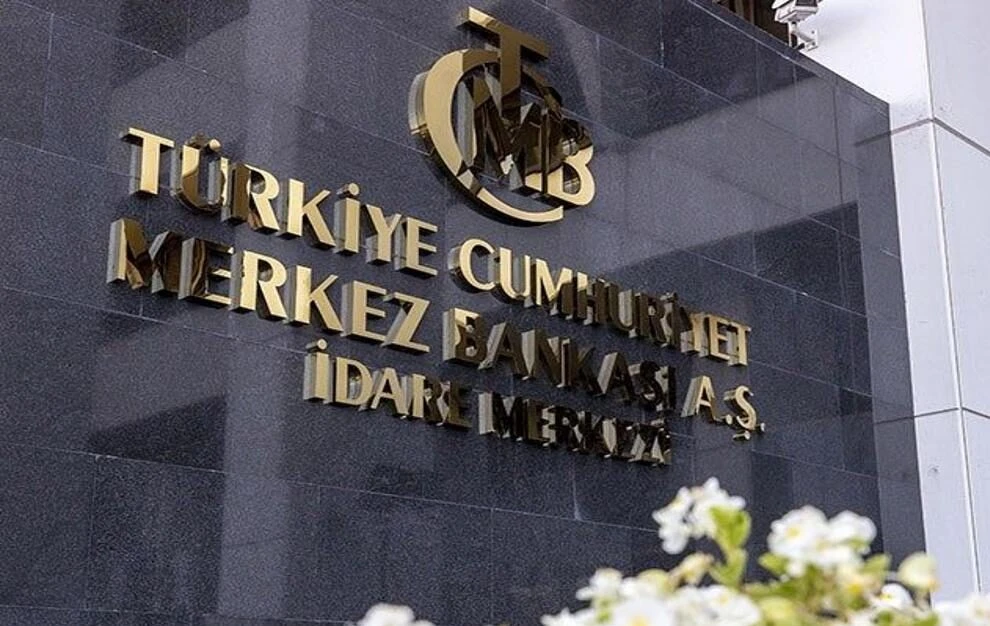Will Iraq’s Kirkuk descend into chaos after fait accompli?
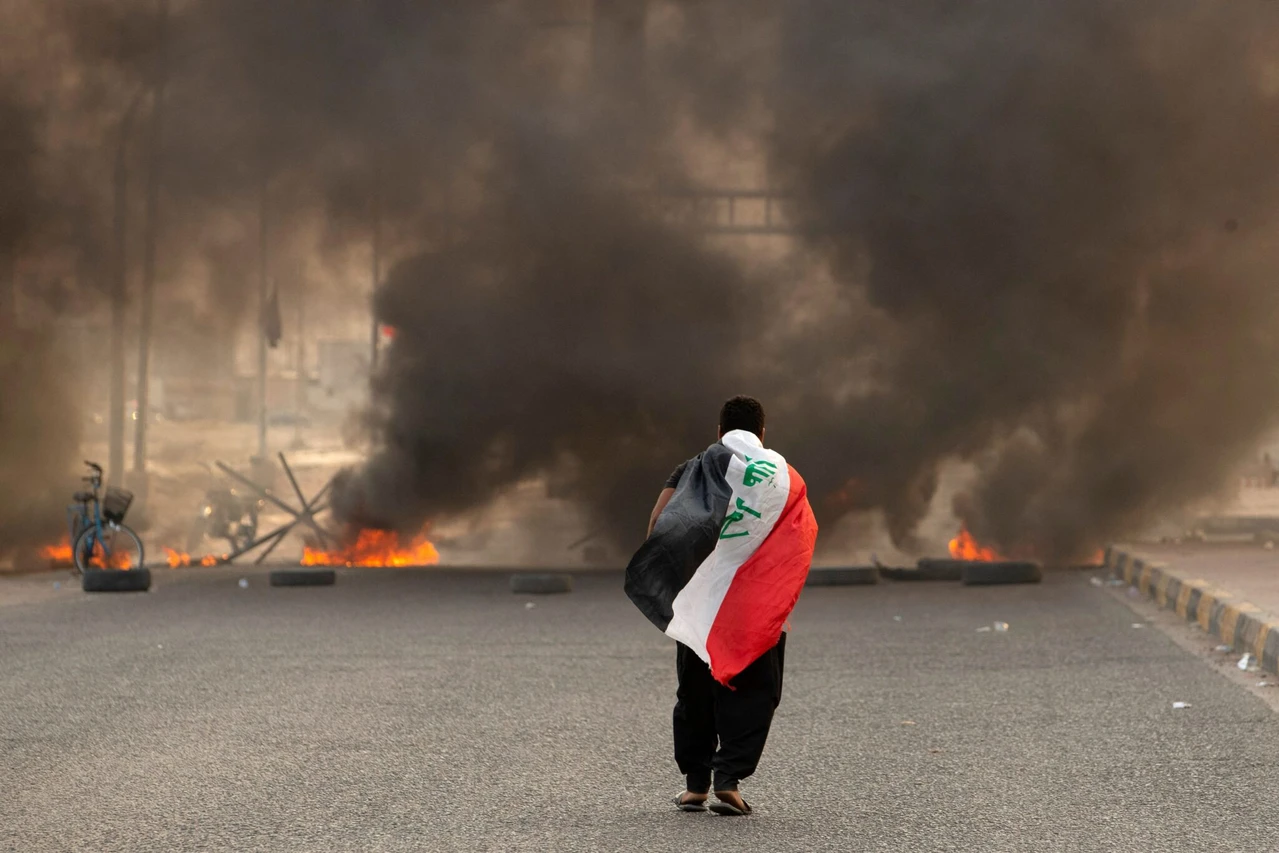 Iraq, protests in Kirkuk, via Boston Review
Iraq, protests in Kirkuk, via Boston Review
Following the local elections held in Iraq’s Kirkuk province on Dec. 18, 2023, a new governor was controversially elected on Aug. 10, 2024, nine months after the elections.
Patriotic Union of Kurdistan (PUK) member Rebwar Taha, known for his close ties to Iran, was elected governor by a vote in which only nine out of the 16 members of the provincial council participated.
The election has been criticized as illegitimate, as representatives from the Kurdistan Democratic Party (KDP) and the Turkmen Front were absent. The Turkmen and KDP, led by Barzani, had proposed a rotating governorship model among Kurds, Arabs, and Turkmen in Kirkuk, but this proposal was not implemented. The hasty manner in which this election was conducted has raised concerns about the region’s stability.
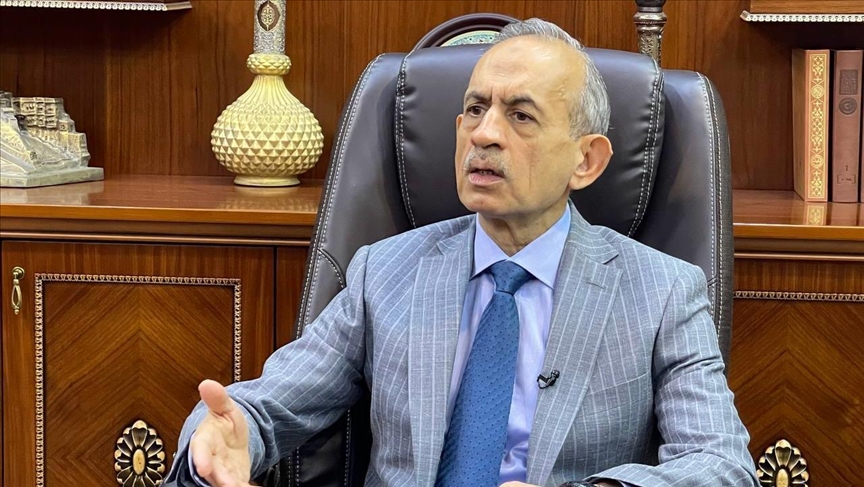
Controversial election held in Baghdad
Nine members of the Kirkuk Provincial Council – five from the PUK, three Arabs, and one Christian – gathered at the Rashid Hotel in Baghdad to hold an election for the governor and the chairman of the Provincial Council. Rebwar Taha was announced as the new governor, and Arab member Mohammed Hafiz as the new provincial council chairman. However, the Turkmens, other Arab members, and KDP members did not participate in this vote. Hasan Turan, the leader of the Iraqi Turkmen Front (ITC), held a press conference, declaring the election invalid and stating that the process violated Article 13 of the Kirkuk Provincial Council Election Law.
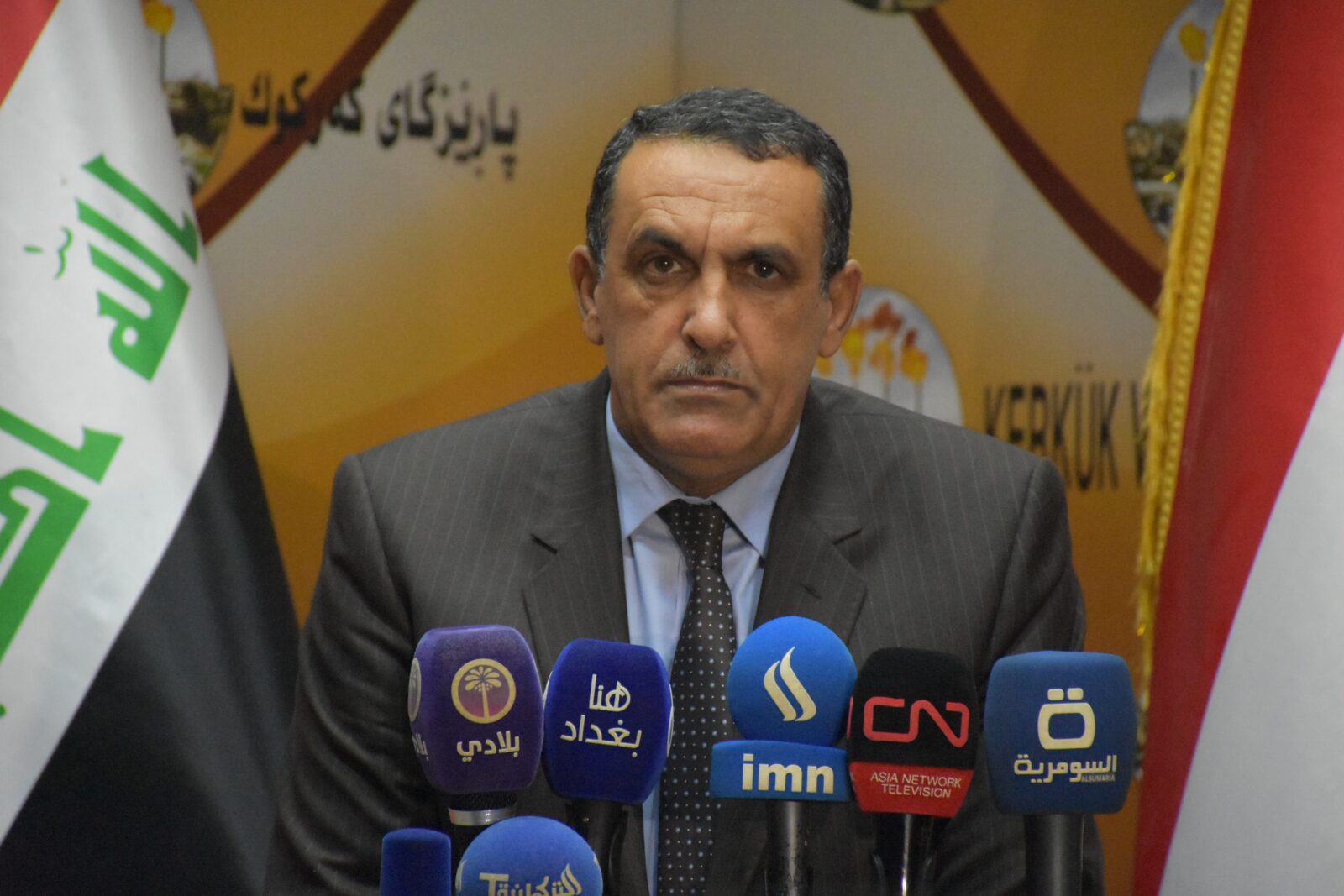
Betrayal or strategy? Arab leaders split over vote
Former Kirkuk Governor Rakan al-Jubouri condemned the meeting in Baghdad, describing it as a “betrayal of the Arabs in Kirkuk.” Jubouri, who was not invited to the meeting despite being the eldest council member, claimed that the election process violated the law. He stated that they would take all necessary legal and judicial measures to defend their rights and criticized the three Arab members who participated in the meeting, accusing them of betraying their community for personal gain.
Election results, ongoing disputes
In the provincial elections held on Dec. 18, 2023, Rebwar Taha of the PUK received 29,861 votes, while Mohammed Hafiz received 8,666 votes. However, due to political disagreements, the governors of Kirkuk and Diyala were not elected. The Kirkuk Provincial Council has 16 seats, with five seats held by the PUK, two by the KDP, two by the Turkmens, six by the Arabs, and one by a Christian representative.
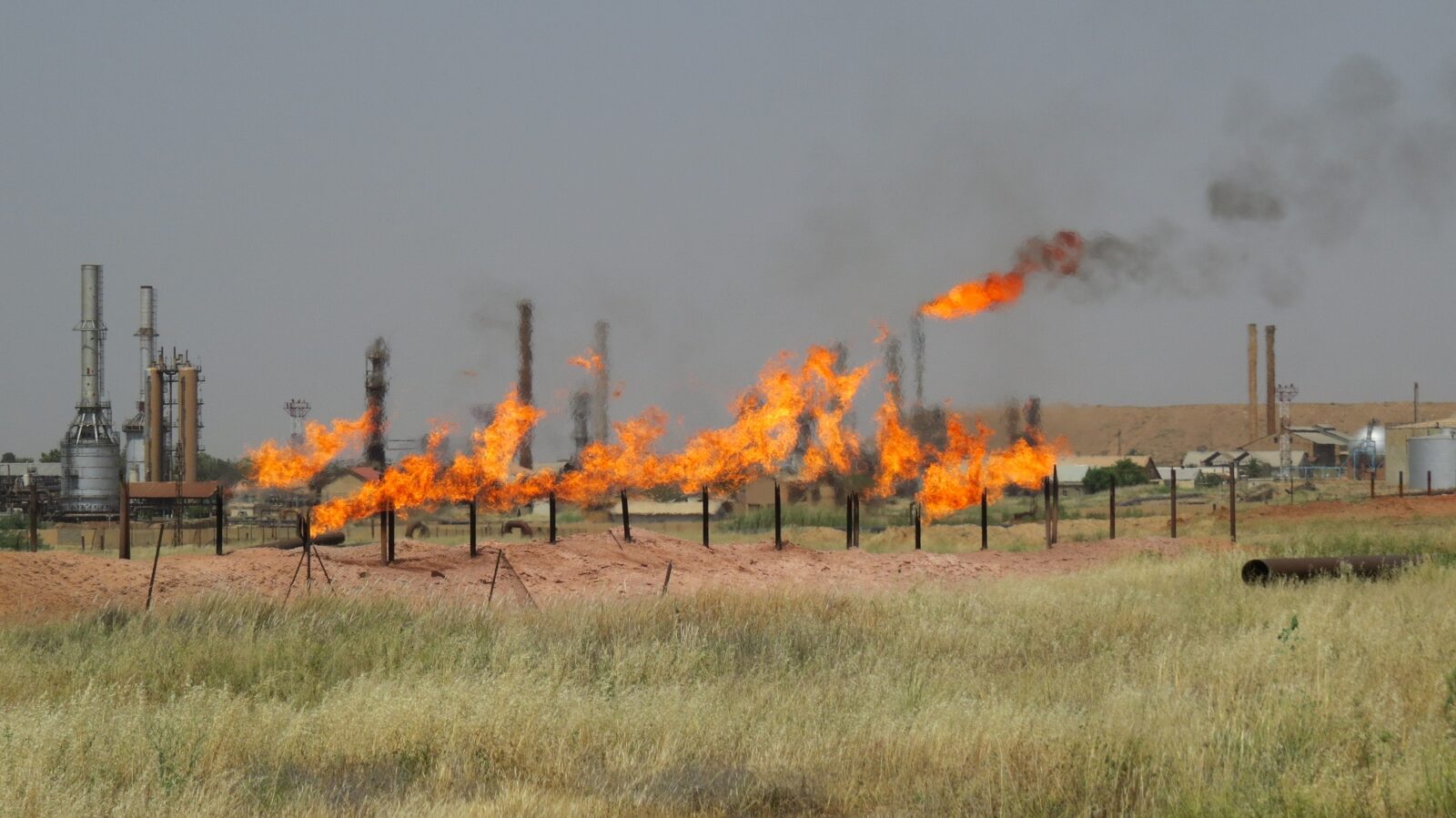
Oil, Power and Politics: The stakes in Kirkuk
Kirkuk is a vital province, producing 40% of Iraq’s oil. Oil extraction in the region began in 1937 by the Iraq Petroleum Company, and the Kirkuk-Ceyhan oil pipeline was established in 1977 to export this oil to global markets. The province has five oil fields within its borders, producing an average of 365,000 barrels of oil daily. This makes Kirkuk a strategically significant region and underscores the importance of the governorate elections for regional stability.
Rising tensions in Kirkuk could push region into chaos
This contentious election in Kirkuk has the potential to exacerbate ethnic and sectarian conflicts. The disputes over power-sharing between Turkmens, Arabs, and Kurds could further destabilize Kirkuk. The election’s questionable legality increases the risk of chaos in the province. The future of the region hinges on how these conflicts are resolved.


